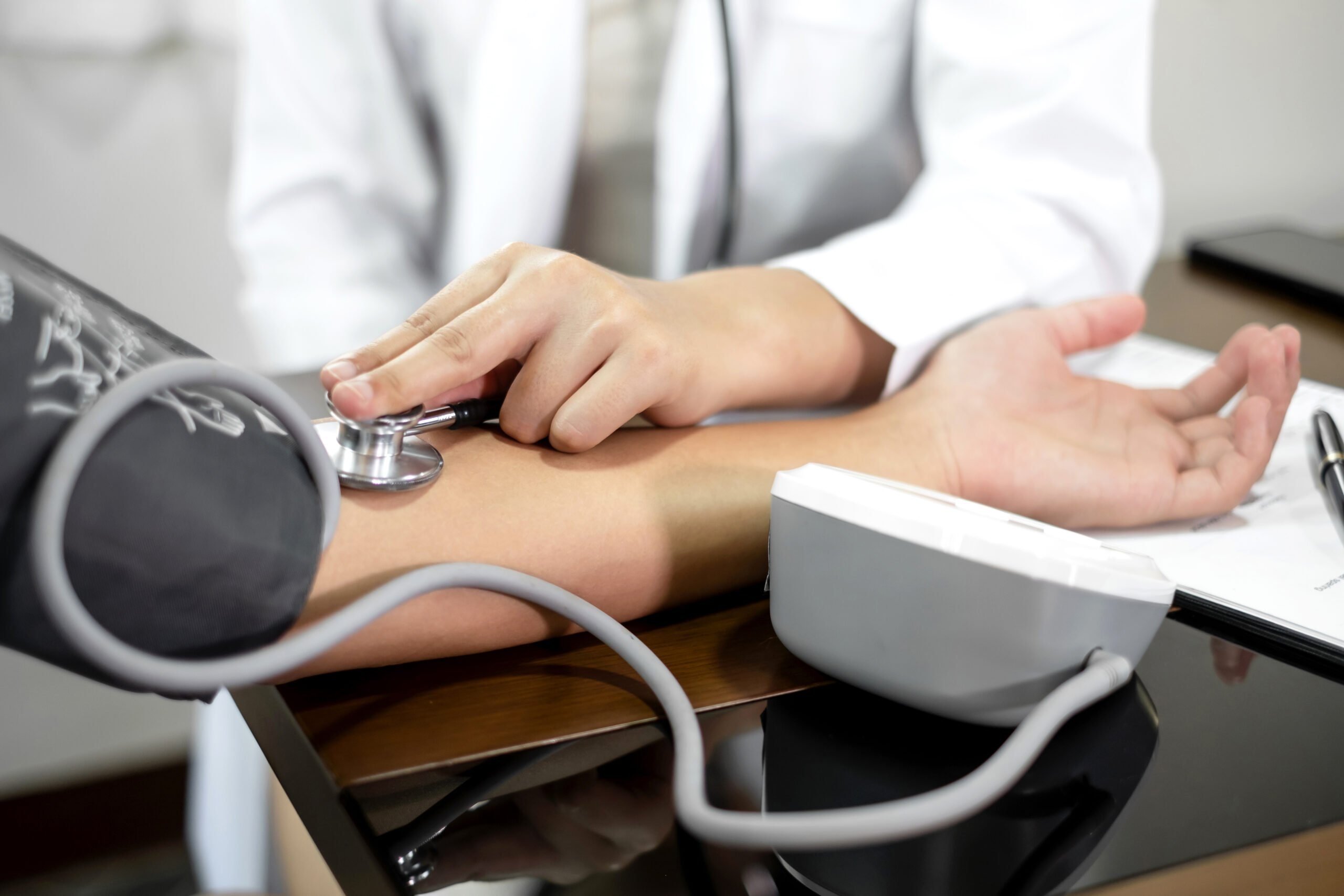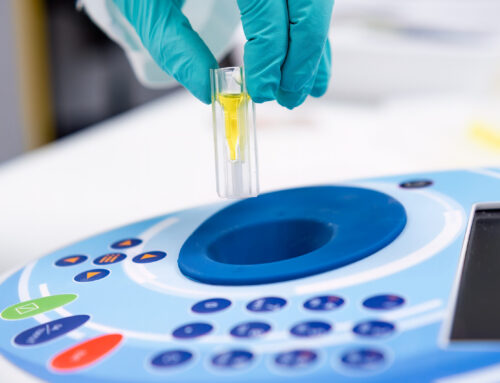High blood pressure, or hypertension, affects nearly half of U.S. adults and significantly increases the risk of heart disease, stroke, and kidney failure. While medications are often prescribed, lifestyle modifications can be equally or more effective in managing and even reversing hypertension. Below, we explore evidence-based strategies—both clinical and natural—that support healthy blood pressure levels.
1. Adopt the DASH Diet
The Dietary Approaches to Stop Hypertension (DASH) diet is a cornerstone of blood pressure management. A systematic review found that the DASH diet reduced blood pressure by an average of 5.2/2.6 mmHg, with more significant reductions in individuals with higher baseline blood pressure or BMI.
The DASH diet emphasizes:
-
Fruits and vegetables
-
Whole grains
-
Low-fat dairy products
-
Lean proteins (e.g., poultry, fish, beans)
-
Nuts and seeds
It limits:
-
Sodium (aiming for 1,500–2,300 mg/day)
-
Sweets and sugar-sweetened beverages
-
Saturated and trans fats
This dietary pattern not only lowers blood pressure but also improves cholesterol levels and reduces cardiovascular risk.
2. Engage in Regular Physical Activity
Regular physical activity is one of the most effective non-pharmacological interventions for hypertension. Exercise can reduce systolic blood pressure by 4–9 mmHg. Aerobic exercises like brisk walking, cycling, and swimming are particularly beneficial. Resistance training and isometric exercises (e.g., handgrip training) also contribute to blood pressure reduction AHA Journals+1.
A meta-analysis of randomized controlled trials found that combining exercise with dietary supplements led to the most significant reductions in systolic blood pressure ScienceDirect.
3. Manage Stress Effectively
Chronic stress can elevate blood pressure through mechanisms like increased sympathetic nervous system activity and hormonal changes. Mind-body practices such as yoga, meditation, and deep breathing exercises (e.g., 4-7-8 breathing) have been shown to lower blood pressure by reducing stress levels Health.
Regular engagement in these practices can improve overall cardiovascular health and enhance the effectiveness of other lifestyle interventions.
4. Reduce Sodium Intake and Increase Potassium
High sodium intake is a well-established contributor to elevated blood pressure. The DASH diet recommends limiting sodium to 1,500–2,300 mg per day. Conversely, increasing potassium intake can help counteract the effects of sodium. Foods rich in potassium include bananas, sweet potatoes, spinach, and tomatoes Northwestern Medicine.
A study presented at the American Heart Association’s Hypertension Scientific Sessions found that salt substitutes—products with reduced sodium and added potassium—are rarely used in the U.S., despite their potential to lower blood pressure and support heart health.
5. Prioritize Quality Sleep
Sleep deprivation and poor sleep quality are linked to higher blood pressure. Conditions like sleep apnea can further exacerbate hypertension. Prioritizing 7–9 hours of quality sleep per night, maintaining a consistent sleep schedule, and creating a restful sleep environment can help manage blood pressure.
6. Incorporate Flavonoid-Rich Foods
Flavonoids, found in foods like dark chocolate, tea, apples, and grapes, have been associated with lower blood pressure. A study from the University of Surrey revealed that small daily servings of flavan-3-ol-rich foods may lower high blood pressure as effectively as some medications.
Consuming these foods as part of a balanced diet can support cardiovascular health.
7. Lose Excess Weight
Even modest weight loss can lead to significant reductions in blood pressure. A 5–10% reduction in body weight has been shown to lower systolic blood pressure by approximately 5–20 mmHg. Combining weight loss with other lifestyle changes amplifies these benefits.
8. Consider Natural Supplements
Certain dietary supplements have shown promise in supporting healthy blood pressure levels:
-
Coenzyme Q10: May reduce systolic blood pressure by up to 17 mmHg.
-
Garlic: Has been shown to lower blood pressure in some studies.
-
Fish Oil: Contains omega-3 fatty acids that may help reduce blood pressure.
-
Vitamin C: Antioxidant properties may contribute to blood pressure reduction.
-
L-arginine: An amino acid that may improve blood vessel function PMC.
It’s important to consult with a healthcare provider before starting any supplement regimen.
9. Monitor Blood Pressure Regularly
Regular monitoring of blood pressure helps track the effectiveness of lifestyle changes and detect any potential issues early. Home blood pressure monitors are widely available and can provide valuable information. Consult with a healthcare provider to determine the appropriate monitoring schedule.
10. Collaborate with Healthcare Professionals
Implementing lifestyle changes can be challenging. Healthcare professionals can provide guidance, support, and resources to help individuals make and sustain these changes. Team-based care approaches, including health behavior counseling and education, have been shown to improve blood pressure control CDC.
Conclusion
Managing blood pressure through lifestyle modifications is not only effective but also empowers individuals to take control of their health. By adopting a heart-healthy diet, engaging in regular physical activity, managing stress, and making other positive changes, individuals can significantly reduce their risk of cardiovascular diseases and improve overall well-being.
Always consult with a healthcare provider before making significant changes to your lifestyle or starting new treatments.





